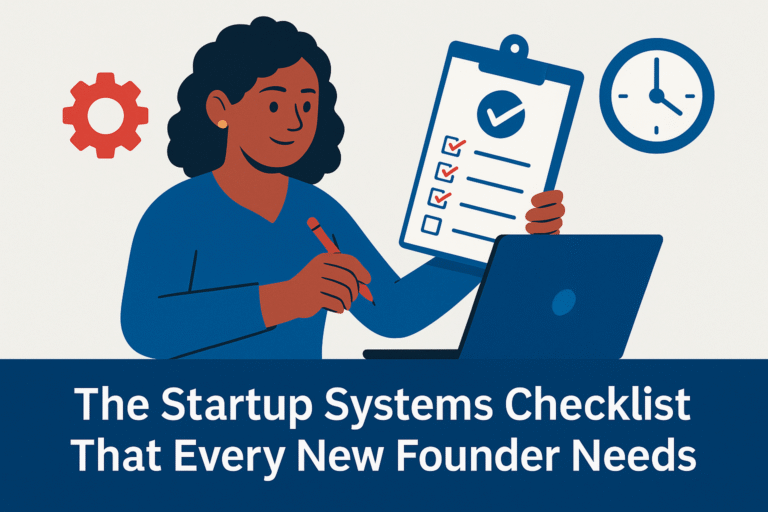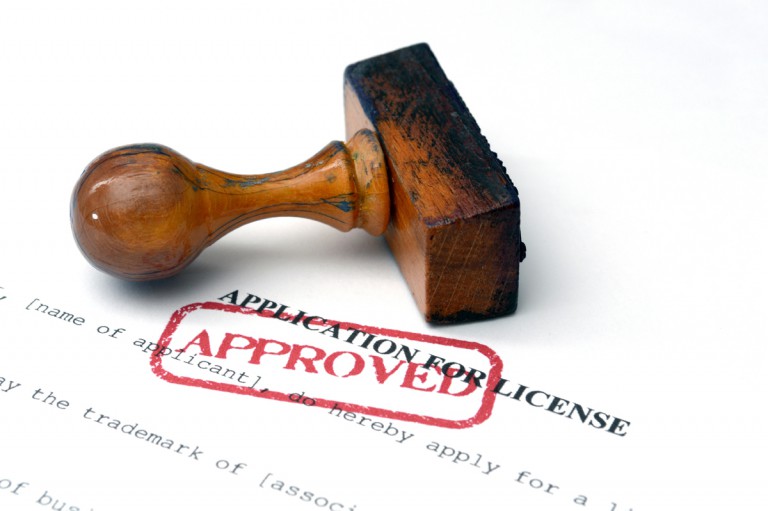[fusion_builder_container hundred_percent=”yes” overflow=”visible”][fusion_builder_row][fusion_builder_column type=”1_1″ layout=”1_1″ background_position=”left top” background_color=”” border_size=”” border_color=”” border_style=”solid” spacing=”yes” background_image=”” background_repeat=”no-repeat” padding=”” margin_top=”0px” margin_bottom=”0px” class=”” id=”” animation_type=”” animation_speed=”0.3″ animation_direction=”left” hide_on_mobile=”no” center_content=”no” min_height=”none” last=”no” hover_type=”none” link=”” border_position=”all”][fusion_text]
Obtaining Start Up Business Funding

Successfully obtaining start up business funding takes a bit of effort on the part of the borrower. In most cases, you’re not climbing mountains, but there are still a few items to consider before making the ask.
Business Plan

If you’re unsure of where to start when developing your business plan, I encourage you to check out LivePlan.
Financial Projections

Let’s talk about items you’ll need to generate your financial projections.
Startup Expenses. If you’re going for a startup loan, it makes sense you’re asking for startup expenses. So what are those? I describe it as EVERYTHING you need to open your business and start serving customers day one. We’re talking equipment, deposits, inventory, even the cost to register your business is part of your startup expenses.

On-going Expenses. It takes money to make money. That’s where on-going expenses come into play. These are the expenses it’ll take to continue to operate your business. They might include wages, utilities, replenishing inventory, or even irregular expenses, like maintenance.
Expansion. Where the startup expenses gets your doors opened, expansions provide a way to offer new products and/or services, or even help you operate more efficiently. Often times, I get clients who are the sole owner/operator of a business. They’re goal might be to add an employee down the road. Others might want to add a new piece of equipment or even open secondary shops.
Whatever your expansion plans, you’ll want to capture them in your business plan. As you work through your financials, you can determine where best it fits to expand your business.
Revenue. The revenue is what keeps your business operating financially. No revenue, and you have a money pit hobby. 🙂 I like revenue to be divided into categories. Doing so helps determine track your different sources of revenue. It also helps with goal setting.
If you’re looking to crunch some of your own numbers, I encourage you to check out some of the financial templates or hire me, and I’d be happy to put together some projections for you.
Credit Worthiness

Banks and other Lenders
No matter how prepared you are with all of the above, if you don’t go to the write banks or lenders, you’re going to get shot down for lending. Not every bank loans to businesses. They might offer business accounts but not extend the relationship to lending.
Other banks may underwrite business loans, but not new businesses. They might require you to be in business a year or two before they’ll even touch you. Some banks will do smaller loans, while others prefer larger and don’t think it’s worth their time to underwrite a micro-loan. So, make sure you pick the right bank and don’t get discouraged if your first attempt at the bank isn’t a good fit.
Just like banks have requirements, so do other lenders (or even grantors for that matter). If you’re a sole owner/operating business, going after a loan or grant that requires job creation probably isn’t your best fit. On the other hand, some programs may only be available if you’re not able to obtain commercial lending through a bank.
Final Thoughts
Research, research, research! There are quite a few opportunities out there. It may just take a bit of looking to find the right one. However, be aware of predators. When someone is offering you 25% interest on new building construction, you might want to reassess the situation.[/fusion_text][/fusion_builder_column][fusion_builder_column type=”1_1″ layout=”1_1″ background_position=”left top” background_color=”” border_size=”” border_color=”” border_style=”solid” spacing=”yes” background_image=”” background_repeat=”no-repeat” padding=”” margin_top=”0px” margin_bottom=”0px” class=”” id=”” animation_type=”” animation_speed=”0.3″ animation_direction=”left” hide_on_mobile=”no” center_content=”no” min_height=”none” last=”no” hover_type=”none” link=”” border_position=”all”][fusion_tagline_box shadow=”no” shadowopacity=”0.7″ border=”1px” highlightposition=”top” content_alignment=”left” link=”https://backboneamerica.com/work-with-me” linktarget=”_self” button=”Schedule an Appointment” title=”Funding opportunities are available for the taking.” description=”Let’s explore what you might be missing.” animation_type=”0″ animation_direction=”down” animation_speed=”0.1″ /][fusion_text][fusion_separator style_type=”shadow” hide_on_mobile=”small-visibility,medium-visibility,large-visibility” class=”” id=”” sep_color=”” top_margin=”” bottom_margin=”” border_size=”” icon=”” icon_circle=”” icon_circle_color=”” width=”” alignment=”center”][/fusion_separator]







